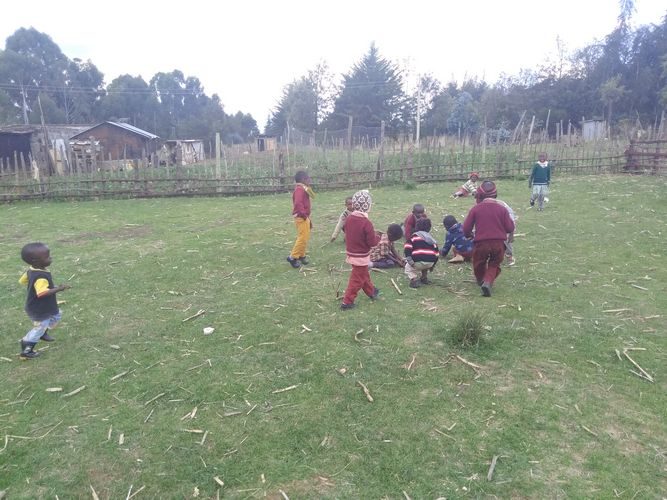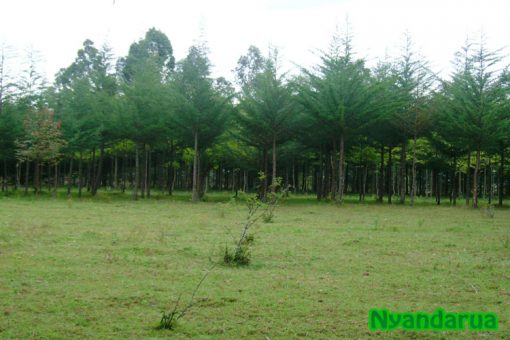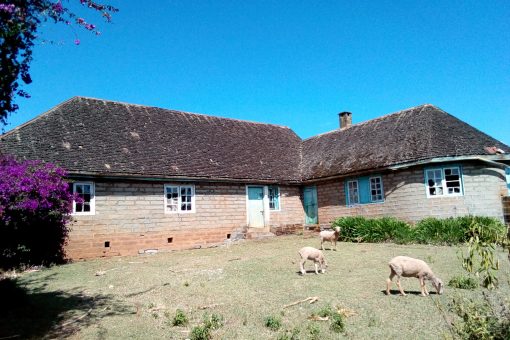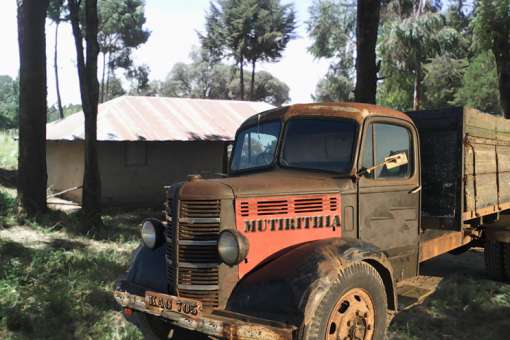Our nursery school was a one room timber building at the edge of the compound that housed the Cooperative Society. Remember this was the former compound of the British Settler Mr. Rangwero.
The room must have been used for storage during his time because although the floor was cemented, the timber walls had gaps so big you could see every activity happening outside. This made the building so cold especially in the morning when cold wind blew right in through the cracks.
One thing I remember about the nursery school was our afternoon nap time. After we ate our ice cold packed lunch that we brought from home in the morning, we were made to take a nap, whether we were sleepy or not. Our teacher sat in a corner and watched us sleep, or toss in our “sleeping bags” for the whole two hours, as she sat knitting a sweater. It is amazing every female teacher I knew back then, all knitted sweaters during their free time, sometimes during class while we studied, did homework or sat for an exam.
Our “sleeping bags” were actually sisal gunny bags (makunia ma makongo) that our parents were no longer using. Every child carried their sack to school every day alongside their food bag, one exercise book and a pencil. The idea of the gunny bag was real creativity on the part of our nursery school teacher. The bag which is shaped like an actual sleeping bag was practical for our naps.
Come nap time, every child laid their sack down on the cold cement floor, held the sack open and entered into their sack, feet first. We tucked our small bodies inside the sack and our heads were left peeking out at the opening of the bag. The bottom part of the sack was our ‘mattress’ for sleeping on, and the upper side of the sack was our ‘blanket’. Talk of killing two birds with one stone.
As I think about this now, my skin feels itchy imagining the sisal against our young tender skin. But we were a tough bunch. We were used to rough environment. Comfort was not part of our upbringing and we accepted any decisions adults made for us as being for our own good. We did not ask questions, we did not debate adults. We just simply followed orders and society was better for it.




